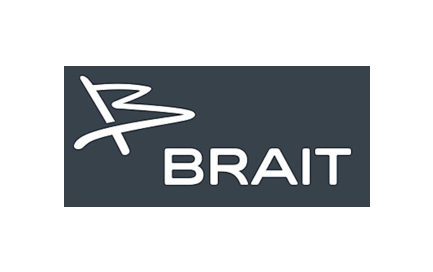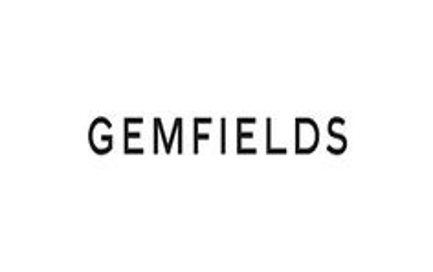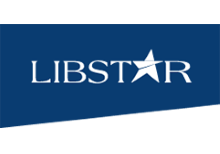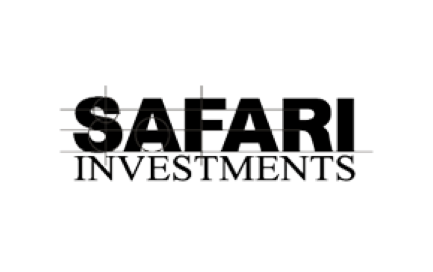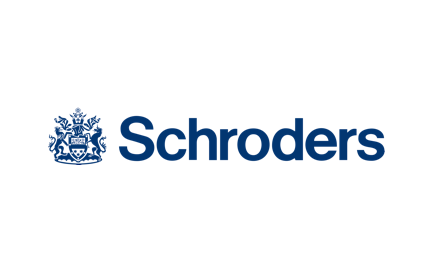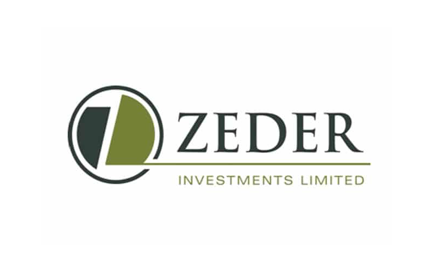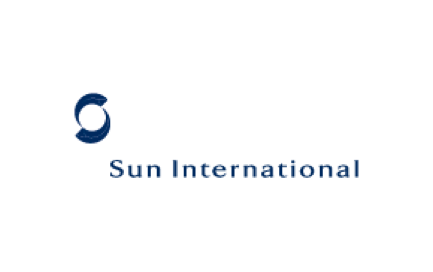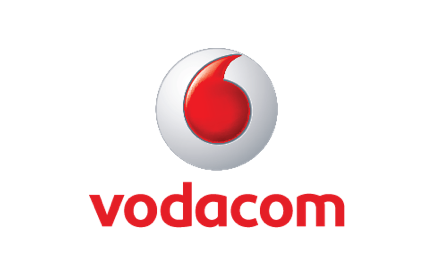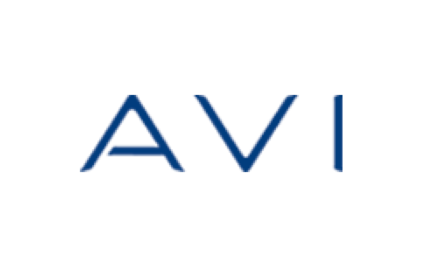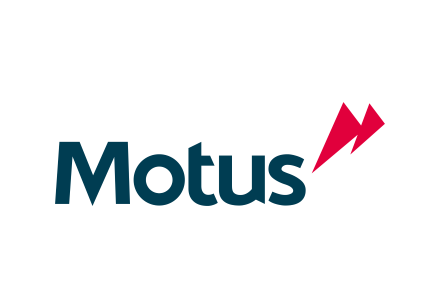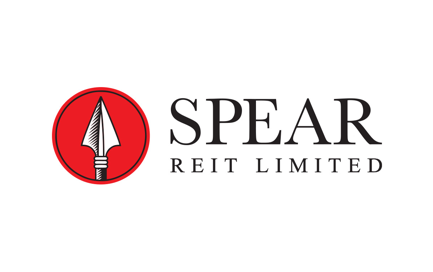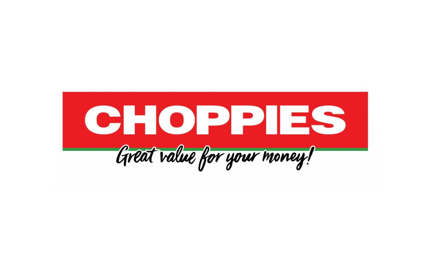Get the latest recap of JSE news in the Ghost Wrap podcast, brought to you by Mazars:
Ascendis announced the ruling of the TRP (JSE: ASC)
This comes after much fighting on social media and several complaints
It’s quite unusual to see a regulatory process play out like this, but this is exactly why we have rules and regulations enshrined in our law. When parties feel aggrieved by the actions of a company in a regulated transaction, there are mechanisms for them to formally complain. I always prefer seeing this route vs. mudslinging on the ol’ socials.
After an investigation into the complaints received, the associated report and the TRP ruling have now been released. You can find the report at this link and the ruling at this link.
Long story short, the TRP has found that the consortium, Calibre and Theunis de Bruyn were indeed acting as concert parties. They have been instructed to rectify the disclosure around this. The investigator also recommended that the TRP consider whether provisions of the Companies Act were contravened. The TRP has left that recommendation open-ended at this point in time, committing to a further investigation in this regard.
If you’re wondering what this means for the delisting itself, the inspector notes that this transaction has been structured as a general offer. Shareholders still have the option whether to accept it or not. Disclosure needs to be updated, but this doesn’t affect whether shareholders can accept the offer. The TRP is not there to prevent the delisting itself.
The consortium “strongly disagrees” with the TRP’s findings and is considering legal options.
Brait asks bondholders for flexibility (JSE: BAT)
The request is for a three-year extension, as was previously announced by the company
This isn’t new information from Brait. The group already hurt the market recently by letting everyone know that the maturity of the bonds needs to be kicked out by three years in order to give more runway for a recovery in the underlying assets. The goal here is to avoid a forced sale of the underlying assets at an inopportune time, which would be catastrophic for equity holders.
As it is, the company needs an equity raise to help sort out the balance sheet. Not getting the extension on the bonds would only make things worse. Unsurprisingly, Titan (Christo Wiese’s entity) has fully underwritten the rights offer at R0.59 per share, a discount of 25% to the theoretical ex-rights price.
The good news is that the outstanding balance on the bonds will be reduced with the proceeds from the listing of Premier. This takes the form of a partial redemption of bonds to the value of R750 million, achieved by reducing the nominal value of each bond from R1,000 to R750.
To sweeten the deal for bondholders and to get them to agree to a three-year extension, the coupon on the bond will increase from 5.0% per annum to 6.0% per annum. This unfortunately offsets much of the benefit to Brait of the reduced value of the bonds, so shareholders just never seem to catch a break here.
As has been the case before for Brait shareholders, value simply transfers from minority investors to strategic investors. The share price is down 95% over five years.
Fortress has given solid earnings guidance (JSE: FFB)
Things are looking promising in the aftermath of the share class restructure
After much distraction to sort out the dual-share class structure and the mess that created, Fortress is now able to focus on the business itself. That’s a good thing.
In a highly detailed pre-close update, the fund gave updated earnings guidance for FY24 of at least R1.7 billion. That’s an improvement on the previous guidance of R1.66 to R1.72 billion. The group has also guided that distributable earnings for FY25 should be at least R1.73 billion. Although that sounds like a modest uplift, it works out to 20.7% growth on the normalised figure for FY24 that adjusts for the NEPI Rockcastle dividend received in FY24. This is because those shares were used to sort out Fortress’ share class structure, so the dividends on those NEPI shares won’t be received in FY25. In other words, they are doing well.
The growth is being driven by extensive development in the logistics portfolio and selected retail properties, assisted by the disposal of non-core assets. Importantly, the disposals were at a premium to book value. This gives support to the NAV of the fund.
Across the logistics and retail portfolios, metrics generally look promising. They do have some odd exposures though, like in the CBDs of Johannesburg and Bloemfontein. Fortress doesn’t exactly stick to marble floored retail properties, but the CBDs really aren’t the place to be.
Although load shedding seems to have left us for now, Fortress continues to invest heavily in solar energy generation and that’s a good thing. They currently get 5% of energy needs from renewables and they expect this to rise to 10%.
The office portfolio is only 2.6% of value and they expect this to drop to below 2.0% after disposals. Vacancies are still high at 22.4%, although that’s a slight improvement from 24.4% at least.
Fortress still holds 16.2% in NEPI Rockcastle and can use those shares for funding, like in the scrip lending arrangement with Standard Bank. Fortress remains the beneficial owner of the shares, but earns something from Standard Bank for lending the shares out.
With a loan-to-value ratio of 39.4%, Fortress finds itself in a strong balance sheet position with a level of debt that is typical for a fund like this.
Gemfields banks another successful ruby auction (JSE: GML)
The price has moved through the $300 per carat milestone
Gemfields sounds pleased with the results of the latest ruby auction. Although you have to be careful with comparisons across different auctions, going through the milestone of $300 per carat is meaningful. Total auction revenues of $68.7 million were achieved through the sale of 97% of the lots on offer. This is very similar to the amount achieved in December 2023, although that prior auction could only manage $290 per carat.
The thing to especially be careful of here is that no rubies in the “low ruby” category were offered at this auction, so this limits comparability to some of the older auctions. Still, this is a decent outcome at a time when softer demand in China has been a concern.
Libstar’s growth is being driven by pricing increases (JSE: LBR)
Against a tough market backdrop, the company has also been focused on its restructure
Libstar is dealing with a difficult consumer environment that makes growth tough to come by. The group is responding to these challenges by simplifying its operations and restructuring into two super categories: Perishable Products and Ambient Products. It’s also worth noting that they have both domestic and export products, although they don’t organise the business along those channels.
A pre-close update has given the market a sense of trading for the financial year up until the end of May. This is a story of revenue growth through pricing increases, with overall revenue up by 4.6% thanks to price and mix changes of 6.3%. Volumes declined by 1.7%.
Looking deeper, Perishable Products saw revenue drop 4.4%, with price and mix up 7.7% and volumes down 3.3%. Ambient Products revenue increased 5.3%, with price and mix up 5.8% and volumes negative.
Of course, sales growth is only part of the equation. Gross margins are critical, with Libstar guiding for margins above the levels seen in H1 2023 based on pricing increases and cost management. Below that on the income statement, they describe general and administrative expenses as being “well-controlled” in the group.
Overall, management sounds optimistic about the restructuring of the group and the momentum they are seeing. It sounds like tough going though, as pricing and margin increases only get you so far. They will need volumes to turn positive for investors to really get rewarded.
The NAV has moved higher at Safari Investments (JSE: SAR)
But distributable income is down due to non-recurring income in the base
Safari Investments has released results for the year ended March 2024. The NAV per share moved 8.63% higher to R9.94, with the share price currently at R5.60 and reflecting a significant discount to NAV.
Despite the increase in NAV, the distribution per share for the full year actually dipped from 65 cents to 61 cents. This is because the base period included a significant non-recurring insurance payout.
The loan-to-value ratio is 34%, which is a comfortable level for a property fund. Another data point that you might find interesting is that the all-in weighted average cost of debt for the period was 10.38%. Debt certainly isn’t cheap in South Africa at the moment.
Earnings up but NAV down at Schroder European Real Estate Fund (JSE: SCD)
Valuation pressures on the underlying portfolio continue
As the name suggests, Schroder European Real Estate Fund is focused on property opportunities in European cities. Specifically, they focus on higher growth cities, admittedly by European standards. The entire region is relatively low growth vs. emerging markets, but offers far more certainty and stability of course.
For the six months to March 2024, Schroder achieved earnings growth of 3% thanks to rental growth offsetting finance charges. Despite this, the net asset value moved 3.6% lower based on the valuation metrics for the properties going the wrong way. This is what happens in a “higher for longer” rates environment.
The group remains strong overall, with no debt refinancings until June 2026 and a fairly low loan-to-value ratio that leaves plenty of flexibility.
The total dividends for the six months come to 2.96 euro cents per share. This works out to roughly R0.57 at current rates on a trailing basis. The share price is R15, so that’s an annualised yield of 7.6%.
STADIO’s student numbers are up 8% (JSE: SDO)
Milpark is dragging this down, as there is much higher growth elsewhere
At STADIO’s AGM, the group gave a voluntary business update. The high-level news is that student numbers are up by 8% across both distance learning and contact learning students. The split of students is 86% distance learning vs. 14% contact learning. This is consistent with the prior year.
These numbers hide the fact that Milpark Education’s B2B business is a drag on growth, as student numbers excluding that business are up 15% in total.
Another encouraging metric is that learner numbers at the comprehensive campus in Centurion increased by 52%, giving much support to STADIO’s decision to construct another such campus in Durbanville. That construction is due to start in the second half of the year and will be funded 50% from debt and 50% from existing cash reserves.
Zeder is selling Theewaterskloof Farm (JSE: ZED)
This is part of Zeder’s broader asset disposal plan
Zeder has announced that one of the three Capespan Agri farming businesses is being sold to the Japie Groenewald Trust. The Theewaterskloof farming unit is being disposed of for R283 million plus some additional adjustments, none of which will take the transaction into Category 1 status. This means that shareholders won’t be voting on the deal.
Although the disposal is taking place a couple of levels down in the Zeder structure, the proceeds should ultimately end up as a special distribution to shareholders. Some patience will be needed though, as there are conditions that need to be met first. The fulfilment date for the conditions is 30 September 2024, so they aren’t anticipating a painful journey to get those approvals.
The value of the net assets being sold as at the last reporting date was R231 million, so this price is a juicy premium to that level.
Little Bites:
- Director dealings:
- The CEO of Sun International (JSE: SUI) has sold shares worth just under R11 million as part of a broader portfolio rebalancing. This is 13.5% of his total shareholding in the company, which is important context.
- The financial director of Vodacom South Africa, the subsidiary of Vodacom (JSE: VOD) has sold shares worth R2.5 million. I’m generally bearish on this sector, so I would pay close attention to that.
- An associate of Marcel Golding bought N ordinary shares in African & Overseas Enterprises (JSE: AOO) worth R1.1 million. The same associate bought N ordinary shares in Rex Trueform (JSE: REX) – which is basically the same group of companies – worth R9.9 million. Oddly, Golding in his own name sold R765k worth of shares and a different director sold R1.5 million in shares.
- A director of a subsidiary of AVI (JSE: AVI) received a share-based award and sold the whole lot (not just the taxable portion) for R151k.
- A family trust linked to the CEO of Motus (JSE: MTH) sold shares worth R145k.
- A director of Copper 360 (JSE: CPR) has bought shares in the company worth R67.5k.
- A prescribed officer of Spear REIT (JSE: SEA) has bought shares in the company worth R10.3k.
- Choppies (JSE: CHP) has released a cautionary announcement regarding the potential sale of 100% of Mediland Health Care Distributors for cash. This is a non-core business as Choppies wants to focus on retail. Although there’s no firm deal yet, the deal has been pre-approved by the Consumer and Competition Authority. No indication of price has been given.




